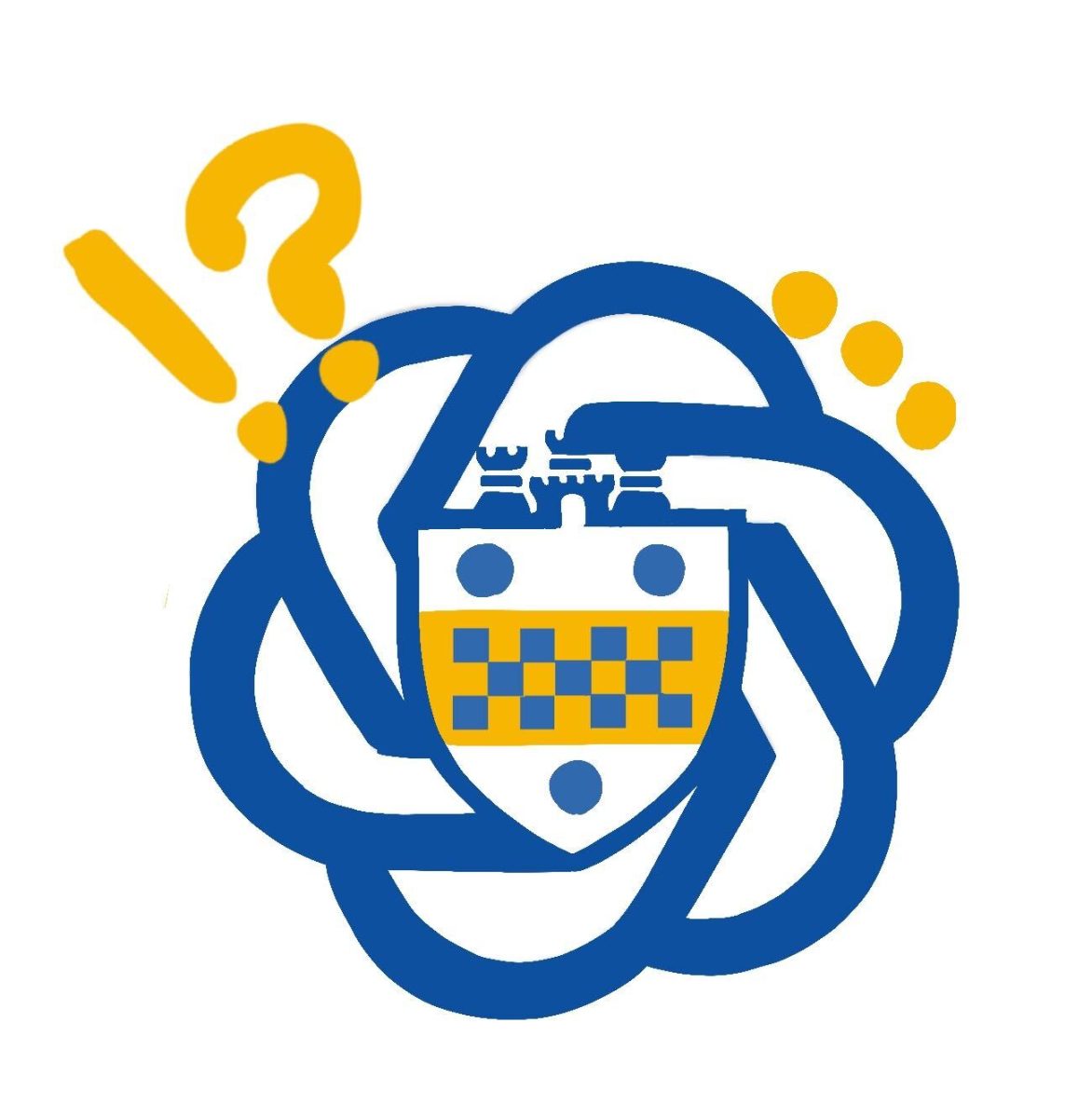Since its rollout in November 2022, OpenAI’s ChatGPT has sparked widespread discussions about its potential impact on education and learning. Recognizing its growing use in academic settings, Pitt IT developed PittGPT, a version tailored specifically for the Pitt community.
“The primary goal of PittGPT is to offer faculty, staff and students a ChatGPT-like assistant in a much more private, secure and cost-effective manner,” Joe Yun, a research professor of electrical engineering and the AI architect behind the project, said.
According to Yun, PittGPT will cost around $10 per student to run if it is fully released to the Pitt community. The program is a “pilot” version, meaning it’s still undergoing revisions and is only available to select campus groups. Yun said he hopes to see a full campus rollout in the summer of 2025, but there’s “no guarantee” PittGPT will even make it out of pilot stages.
“In the spring especially, we’re looking to do a lot more onboarding of larger groups,” Yun said. “Every month, we’re trying to put thousands of people into the pilot.”
ChatGPT is an AI tool that can generate text, answer questions, provide recommendations and assist with various tasks based on user prompts, according to OpenAI’s website. Yun said PittGPT has the “back end” of ChatGPT but with “added security.”
“[PittGPT] has the same dialog box as ChatGPT, and it can even create images,” Yun said. “Pretty much everything ChatGPT can do, so can PittGPT … the difference is all that data is staying within the Pitt community.”
PittGPT will offer a personalized experience tailored to users’ roles, such as administrators, researchers or students, with suggested templates for tasks like creating job descriptions or financial reports. Yun explained how the tool could also be used to create grading reports, write syllabi and brainstorm ideas, among other things.
“There’s information that you would never put into ChatGPT because of FERPA violations and stuff like that, but you can do it in PittGPT because it stays in the Pitt environment,” Yun said.
Olivia Budike, a student member of the University Senate’s Computing and Information Technology Committee, recently began exploring the pilot version of PittGPT and shared her enthusiasm for the project.
“The idea seems very new, like something exciting that Pitt just wants to try,” Budike said. “The committee was just granted access to the pilot and prototype of it. They wanted to get our feedback on it … and I’m really excited to play around with it.”
The committee’s chair, Angie Zack, envisions using PittGPT to create a personalized chatbot for the health sciences library.
“We have a lot of resources to provide our students as part of our library, but there’s a lot of limitations on what data we can share,” Zack said. “Since this is a closed system, I’m looking for a way to set up a simple chatbot where students can ask questions like ‘When is the library open today.’”
Zack highlighted the ethical challenges the chatbot’s release could bring, emphasizing the need for “thoughtful adaptation” and policy updates.
“We obviously can’t ignore AI, right? It’s there. Students use it, staff is using it, faculty is using it, so we have to adjust.” Zack said. “There’s a lot of talks about different committees who will have to write new policies and ethical use things.”
Elise Silva, director of policy research at Pitt Cyber, said she’s expecting “robust” discussions across campus regarding ethical use policies following PittGPT’s launch.
“We have to decide what kinds of skills we want students to have coming out of the University,” Silva said. “Do we want them to be able to write completely unaided, or do we want to teach in ways that enable students to learn what prompt engineering looks like and what it might look like in a job context?”
Yun said the team collects feedback daily through Microsoft Teams group chats that all the pilot’s users are in.
“Everybody’s constantly putting in feedback like ‘this didn’t work today,’ or ‘the system just stopped working for me,’” Yun said. “We’re always trying to solve those issues. It’s very direct feedback, and the development’s happening basically every day.”
Silva described this project as an “incubator” for future AI projects, emphasizing the “exploratory nature” of the project’s current pilot phase.
“I think the point of research is to bring a whole bunch of ideas together, and if it works, it works, and if it doesn’t, it doesn’t,” Silva said. “This is the type of experience where we’re really just trying to test it out with people.”
This article was updated to clarify that PittGPT’s cost of service depends on the program’s full release.


